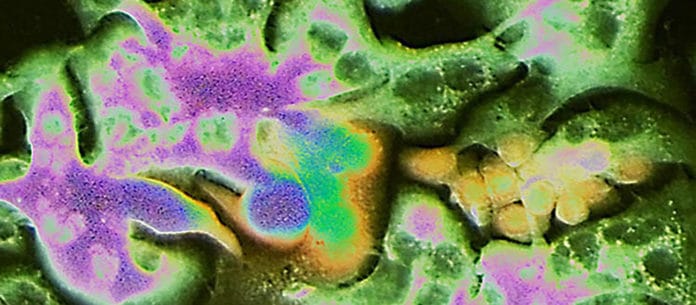Multiple mechanisms underlie the dissemination, homing, and distant seeding of metastatic cells, which cause the bulk of cancer-related deaths. However, the origin of metastasis remains obscure.
Scientists at the University of Geneva (UNIGE) have discovered some of the mechanisms these cells arise.
In metastasis, cancer cells break away from the original (primary) tumor, break away from it and migrate to other organs and form new tumors. Such a spreading pattern reduces the chances of recovery from metastasis cancer.
Scientists identified how cells narrowly escaped cell death (apoptosis) following a chemotherapeutic treatment. Those cells reprogram themselves to acquire metastatic skills.
In a past study, scientists pinpointed metastatic cells during migration. Specific treatments are known to induce them, but the mechanism of their development remains mysterious.
Ariel Ruiz I Altaba, a Full Professor in the Department of Genetic Medicine and Development at the UNIGE Faculty of Medicine, said, “We don’t know why, at a given moment, certain cells separate from the primary tumor. The phenomenon is difficult to analyze because, before they migrate, there is nothing to distinguish future metastatic cells, or pro-metastatic cells, from other cells within the tumor.”
Scientists in this study found some answers. They discovered that the experience of imminent death within the primary tumor pushes specific cells to acquire pro-metastatic states. This near-death experience occurs particularly with particular therapies for depriving cancer cells of energy or oxygen. Scientists observed that these cells, which ought to have passed on, reprogram themselves and afterward present a high metastatic risk. These cells are called PAME for “post-apoptotic pr-metastatic cells.”
Scientists used tumor samples taken from two colon cancer patients for their study. They then transplanted the tumor samples to the mice. These cells were exposed to an imminent death experience causing endoplasmic reticulum stress-induced by specific chemotherapeutic medications. This allowed the development of PAME cells.
These PAME cells induce cytokines- proteins and other factors that ensure cell-to-cell communication- causing adjacent cells to become PIMs, for PAME-induced migratory cells. These PIMs then associate with PAMEs and help them migrate to form metastases.
According to scientists, this study presents new therapeutic targets and metastasis prevention targets to be considered.
Journal Reference:
- Arwen Conod et al. On the origin of metastases: Induction of pro-metastatic states after impending cell death via ER stress, reprogramming, and a cytokine storm. DOI: 10.1016/j.celrep.2022.110490
